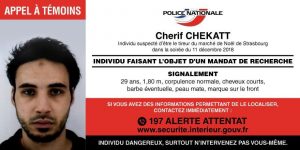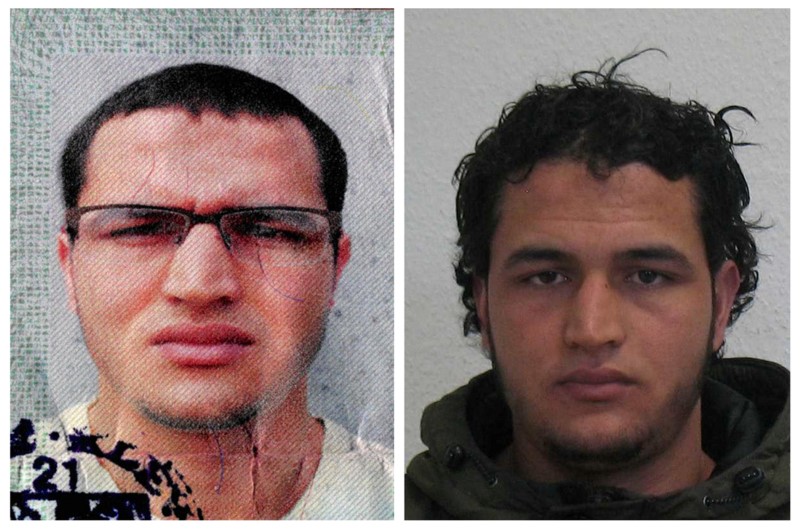
By Gilbert Reilhac
STRASBOURG, France (Reuters) – Strasbourg reopened its traditional Christmas market under heavy security on Friday, the morning after French police shot dead a gunman suspected of killing four people in the heart of the historic city.
Cherif Chekatt, 29, was killed in the Neudorf neighborhood of Strasbourg after firing on police, ending a two-day manhunt that involved more than 700 members of the security forces.
The attack on Strasbourg’s cherished Christmas market, a target full of religious symbolism, evoked France’s difficulties in integrating western Europe’s largest Muslim minority and dealing with homegrown militants inspired by Islamic State.
“It’s reopening just in time,” said stall-holder Bernard Kuntz, preparing his scarves and stoles imported from India ahead of the expected arrival of French Interior Minister Christophe Castaner, who was expected to speak.
“We were getting worried. Some of the guys have taken out loans to be here, and we’ve already lost two days.”
On Friday, a fourth victim died as a result of the wounds they received in what Strasbourg Mayor Roland Ries said was indisputably an act of terrorism.
Ries expressed relief that Chekatt had been killed and said everyone in Strasbourg, on eastern France’s Rhine river border with Germany, felt the same.
French troops, who have been used to bolster national security since a wave of Islamic State-inspired attacks began in France in 2015, stood guard at the open-air market.
“I think it will help to get back to a life that I would describe as normal,” Ries told reporters after the news that Chekatt had been killed. “With the death of this terrorist … citizens, like me, are relieved.”
EXTRA 1,800 TROOPS ON MARKET PATROLS
Islamic State (IS) claimed Chekatt as one of its soldiers, saying he “carried out the operation in response to calls for citizens of coalition countries” fighting the militant group.
IS provided no evidence for the claim and Castaner called it “opportunistic”.
“Nothing indicates that (Chekatt) was part of a network. There is nothing to suggest that he was being protected by such, but the investigation is not yet over,” Castaner told Europe 1.
He described Chekatt as a long-time delinquent whose Islamic beliefs were radicalized during previous periods in prison. Police were still interrogating seven associates on Friday, including his parents, to determine whether he had accomplices.
France ramped up its security threat to its highest level after Chekatt struck late on Tuesday. Prime Minister Edouard Philippe promised an extra 1,800 troops would be put on patrols with a special focus on Christmas markets.
The outdoor market in Strasbourg, centered around a towering Christmas Tree in Place Kleber, draws more than 2 million visitors each year. Christmas markets have been a feature of the Alsatian city since the early 15th century.
The Strasbourg shooting was the latest in a succession of attacks linked to Islamist militancy in France going back to 2012. Since January 2015, more than 240 people have been killed in attacks on French soil, most of them in 2015-16.
(Reporting by Gilbert Reilhac in Strasbourg and Emmanuel Jarry and John Irish in Paris; Writing by Richard Lough; Editing by Mark Heinrich)



